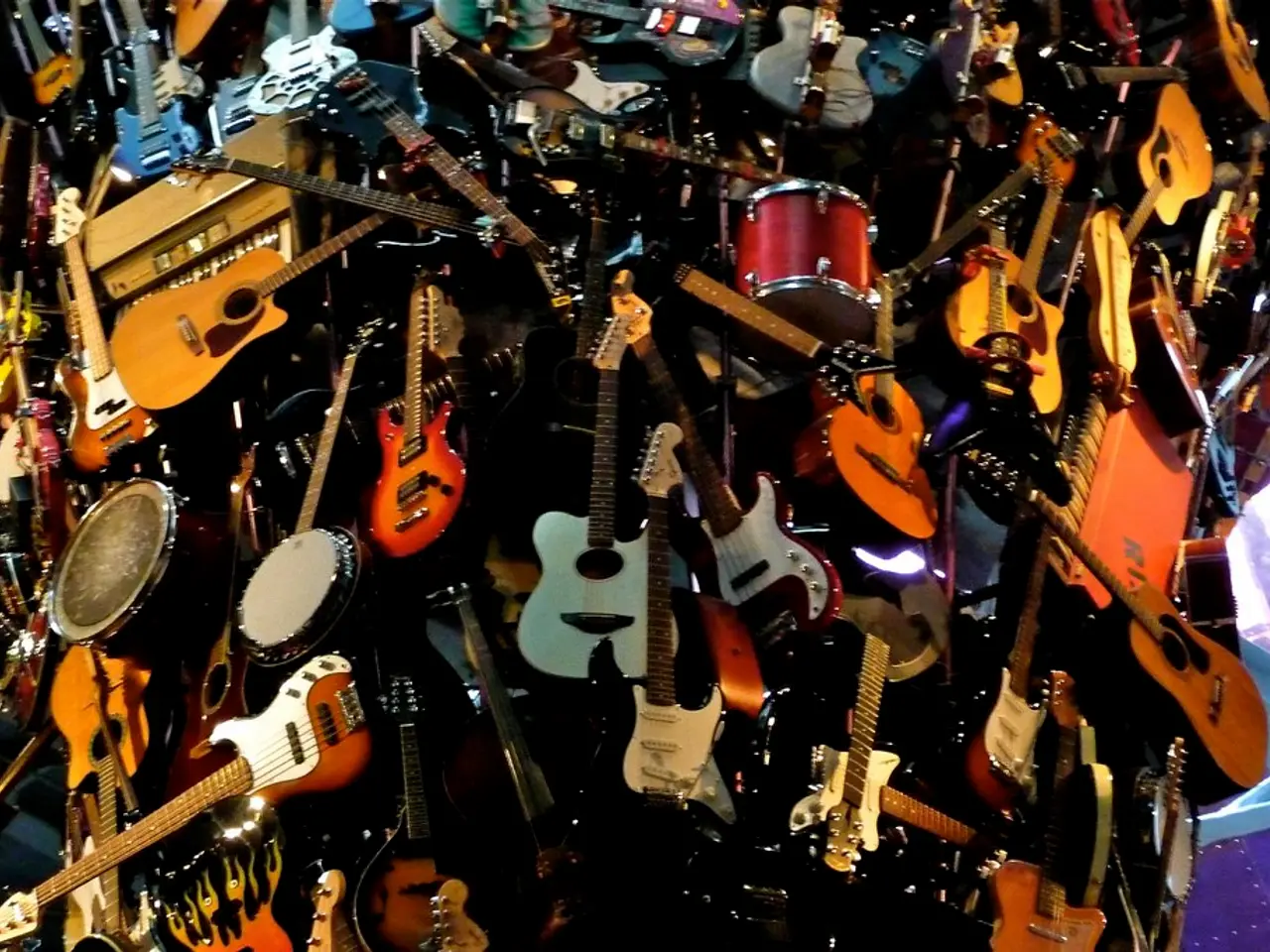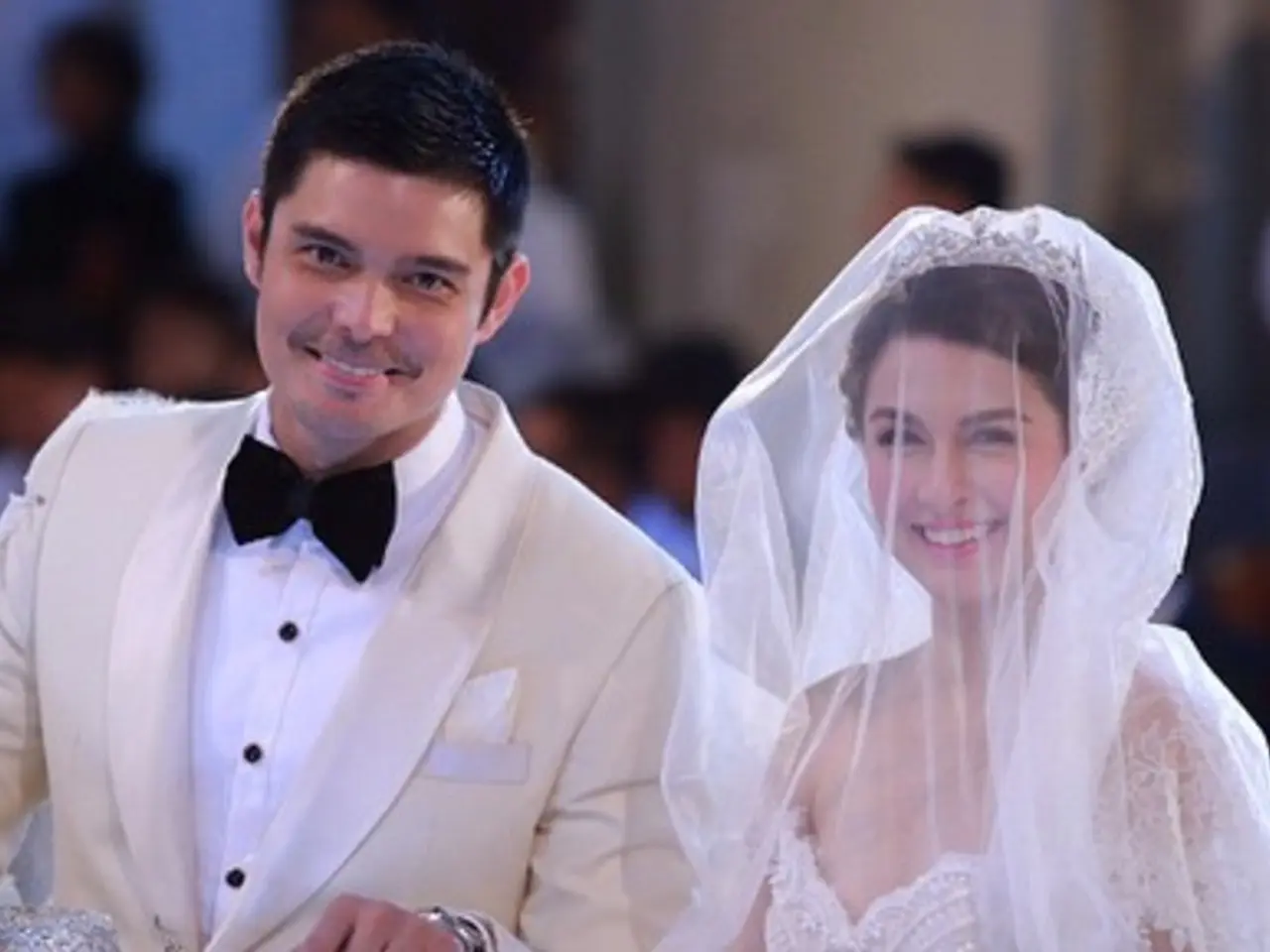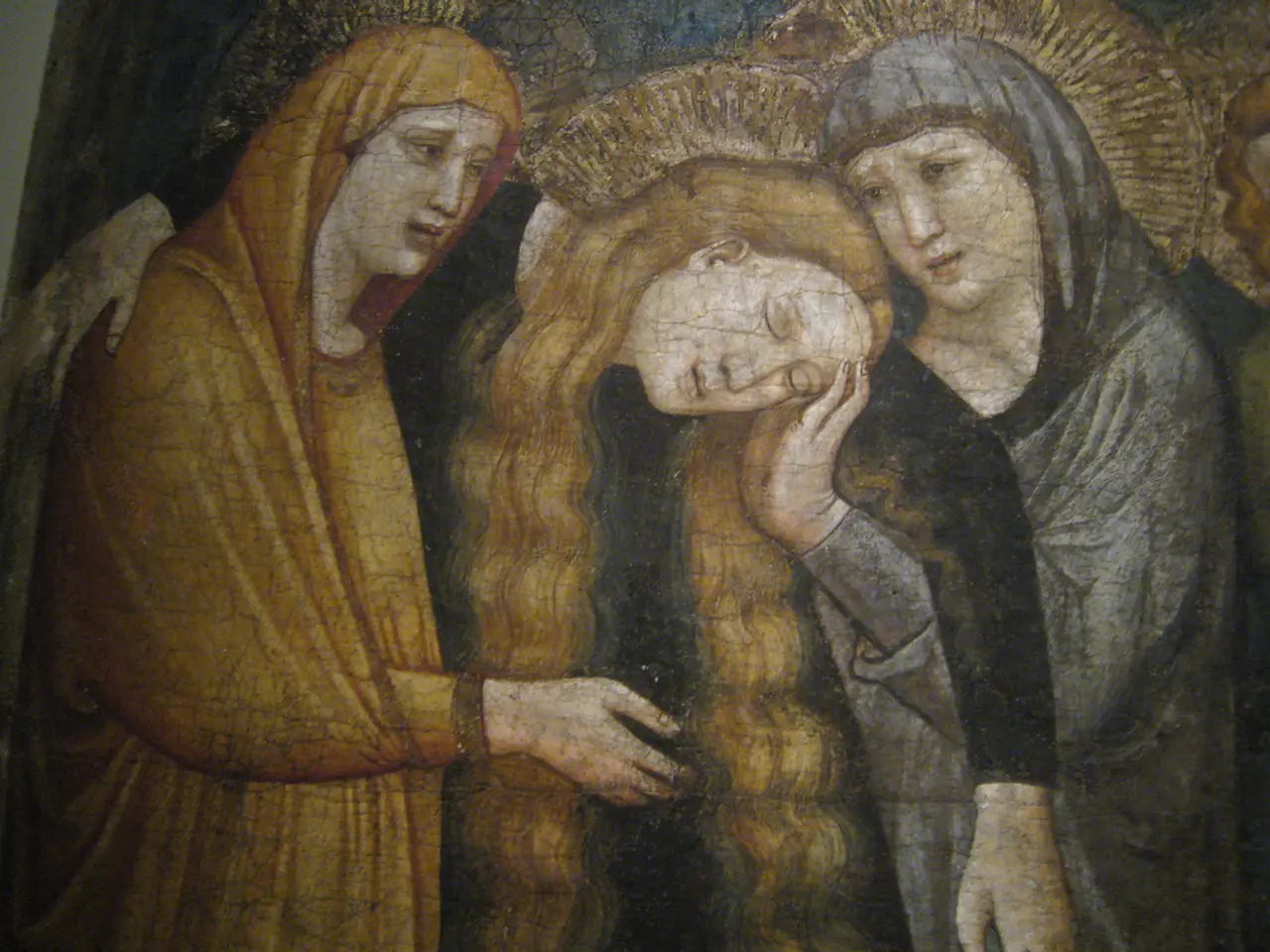Delving into the Realm of Timeless Melodies: Classical Music Unveiled
Classical music, a cornerstone of Western culture, has undergone significant transformations over the centuries, reflecting changes in musical style, form, emotional expression, and cultural context. From the Baroque period's dramatic intensity to the Modern era's innovation and pluralism, each period offers a unique perspective on the art form.
The Baroque period, spanning roughly from 1600 to 1750, was characterized by ornate complexity, elaborate counterpoint, and the birth of opera. Notable composers such as Claudio Monteverdi, Johann Sebastian Bach, Antonio Vivaldi, and George Frideric Handel made significant contributions to this period, pushing the boundaries of musical expression. The development of the modern orchestra and opera during this time laid the foundation for future musical innovations.
The Classical period, which began around the 1730s and ended in 1815, favoured clarity, balance, form, and simplicity, influenced by Enlightenment ideals. Composers like Joseph Haydn, Wolfgang Amadeus Mozart, and Ludwig van Beethoven (early works) introduced new forms like symphony and string quartet. Music became more homophonic, with a clear focus on melody and accompaniment, and was natural and vocally inspired.
The Romantic period, from approximately 1820 to the early 20th century, emphasized emotional expressiveness, expanded orchestras, and nationalistic themes. Composers such as Later Beethoven, Frédéric Chopin, Franz Liszt, and Johannes Brahms focused on creating music that was passionate, dramatic, and deeply emotional. The inclusion of new instruments like the saxophone and tuba, and the use of folk tunes and dances, added a unique flavour to this period.
The Modern period, starting in the 20th century, broke away from traditional harmony and form, incorporating diverse new influences and experimental approaches. Composers experimented with atonality, dissonance, and the fusion of jazz, minimalism, folk, and film music, leading to a tremendous diversification of classical music beyond Romantic conventions.
The orchestra, featuring a range of instruments such as strings, woodwinds, brass, and percussion, is a significant ensemble in classical music. Vocal music, often conveying powerful emotions through the use of text and melody, is another essential aspect of the art form.
Throughout its history, classical music has been associated with numerous benefits, including stimulating brain development in children, serving as a form of therapy for individuals with mental health issues or neurological disorders, and influencing art, literature, and culture. Notable composers like Bach, Mozart, Beethoven, and Tchaikovsky have made significant contributions to classical music through their compositions and innovations.
From the intricate polyphony of the Baroque period to the expressive, passionate music of the Romantic era, and the groundbreaking experiments of the Modern period, classical music continues to be an important cultural and artistic tradition, influencing various genres of music and providing a rich source of inspiration for musicians and composers. Whether you prefer the grandeur of orchestral music, the intimacy of chamber music, or the dramatic flair of opera, there's a classical music genre for everyone to appreciate and enjoy.
The creative process of composers during the Baroque period led to the birth of opera, a form of entertainment that contributed to the development of music.
In the Romantic period, composers like Beethoven, Chopin, and Liszt focused on emotional expressiveness, injecting the creative process of music with a deep emotional appeal.








